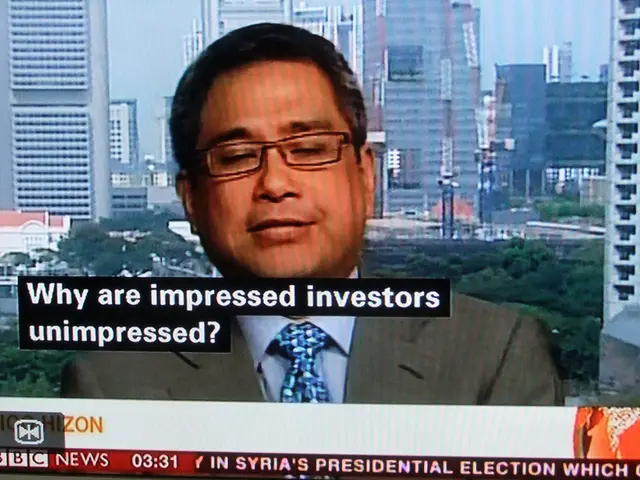Examining the Controversy Surrounding Gambling Legislation: Investigating Influence and Impact on Community Well-being
Disproportionate Influence and Public Health in Betting Regulation
The crafting of betting market regulations has been a subject of intense debate, with concerns over influence and the prioritization of public health issues. A recent analysis by Folha uncovered an imbalance in the meetings between Treasury officials and industry representatives versus health professionals, raising questions about the regulatory process.
Between March 2023 and July 31, 2023, senior Treasury officials responsible for these regulations held 251 meetings with betting companies or their associations. In contrast, health professionals were consulted only five times. The data, acquired from the E-agendas website and filtered using artificial intelligence, reveals a clear disparity in interactions shaping the regulatory landscape.
Key figures in the discussions, including Regis Dudena, José Francisco Manssur, Simone Vicentini, Sônia Barros, and Minister Fernando Haddad, highlight the betting market's significance to the Treasury. However, the striking disparity in engagement stirs doubts about the prioritization of public health concerns over industry interests.
The backdrop for these discussions is a growing gambling addiction epidemic. The limited engagement with health experts suggests a regulatory approach that may not fully address the intricacies of gambling's societal impact. This epidemic underscores the necessity for a balanced discourse that equally values the insights of public health experts.
The published "responsible gambling" regulations on August 1, 2023, embody the culmination of these skewed interactions. While designed to protect public interests, the regulations reflect a process heavily influenced by the betting industry. This raises critical questions about the regulations' effectiveness in addressing the complex issues of addiction and public health.
Moving forward, a more inclusive approach that prioritizes public health and tackles the addiction crisis head-on is essential for ensuring the responsible growth of the betting market. The transparency provided by the E-agendas website, enabling the analysis of these meetings, is commendable. However, for future regulations to be truly effective and equitable, a concerted effort to diversify engagement and ensure the inclusion of all relevant voices is necessary.
The rapid expansion of the betting industry, as seen in the United States, offers some relevant perspectives. The legal and regulatory battles stem from the significant financial and lobbying resources of industry representatives, their potential for tax revenue, and concerns about problem gambling and its impact on public health. The tension between economic benefits and public health concerns often results in the industry's influence being more pronounced in areas where economic interests are prioritized over health considerations.
To address the imbalance, more input from health professionals is needed in regulatory discussions to ensure that public health concerns are adequately addressed alongside economic interests. It is crucial to maintain vigilance, transparency, and inclusivity in regulatory discussions to prioritize the health and safety of the public.
- In the realm of health-and-wellness, the mental-health implications of excessive casino-games and sports-betting engagement demand a focused approach from public health experts in the crafting of betting regulation.
- The rapid growth of the betting industry, observed in the United States, reveals a similar trend, where the influence of economic interests over health-and-wellness concerns can be pronounced.
- To create a balanced discourse that addresses the complexities of gambling addiction and its impact on public health, it is essential to invite more health professionals to engage in discussions about casino-and-gambling regulations, ensuring a comprehensive understanding of the issues at hand.








